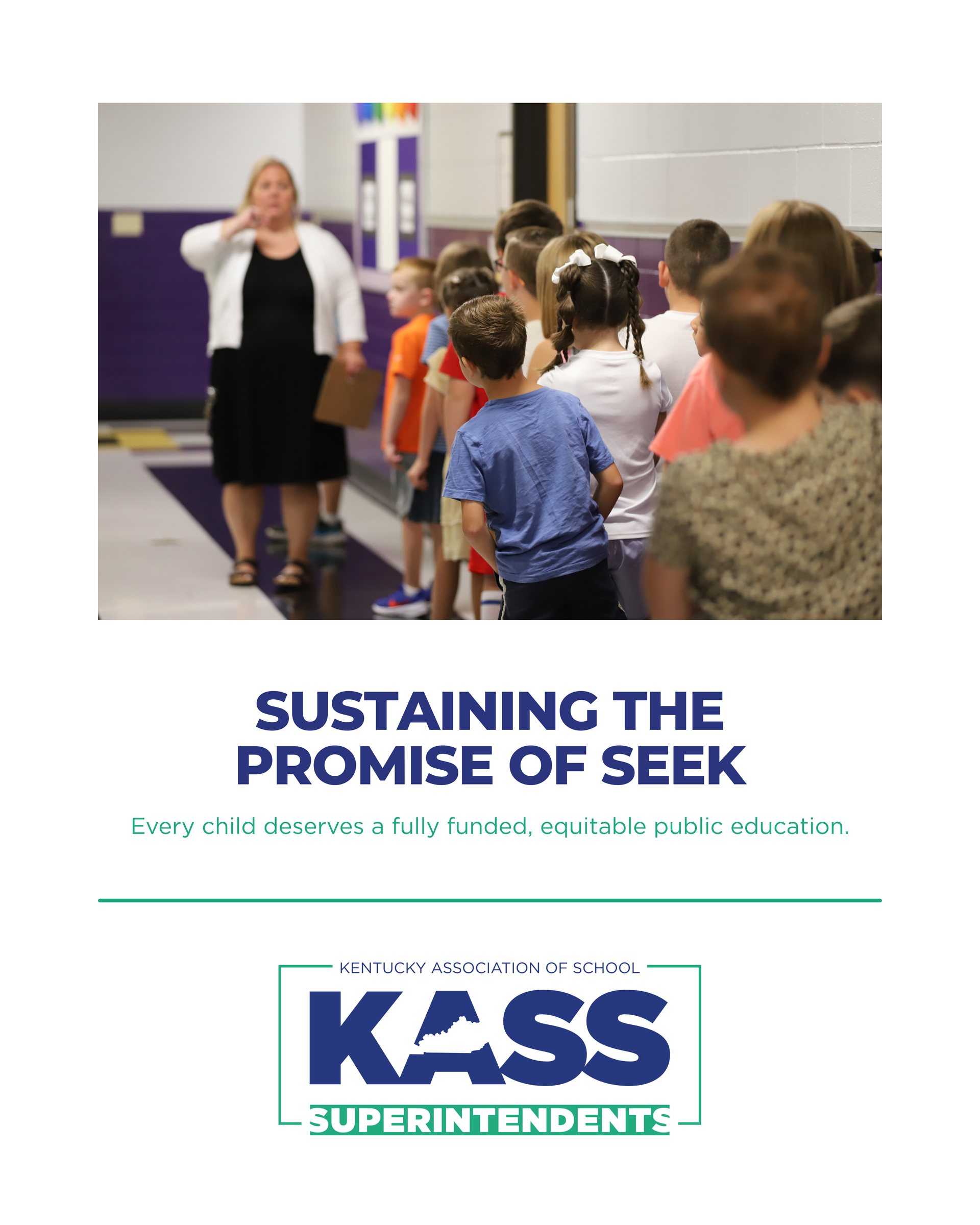Strengthening Kentucky’s Education Workforce: Solutions & Strategies
Strengthening Kentucky’s Education Workforce: Solutions & Strategies
As we discussed last week, the Kentucky Workforce Innovation Board (KWIB) has identified education as a high-demand sector as Kentucky faces persistent teacher shortages and hiring challenges. To address this issue, policymakers, the Kentucky Department of Education, and education leaders, and Kentucky’s communities must take proactive steps to support recruitment, retention, and workforce planning for Kentucky’s educators.
This blog outlines key policy solutions the Kentucky Department of Education (KDE) and stakeholders can implement to boost the education workforce and ensure long-term success.
1. Reforming Teacher Certification for Greater Flexibility
One of the primary barriers to filling educator positions is certification restrictions that limit schools' ability to hire and retain teachers.
Through the Education Professional Standards Board (EPSB), convene a task force to:
- Identify certification bottlenecks that create staffing shortages. Navigating transcripts, EPSB, the approval process, different options depending on certification areas, etc. create tremendous work on behalf of local districts. This process could be streamlined to support districts recruitment efforts.
- Work with postsecondary institutions to realign teaching programs with modern workforce needs and that would allow greater flexibility for people that graduate with these credentials. For example, high school science is a chronically understaffed position. Instead of requiring Biology OR Chemistry OR Physics certifications, why could a general science degree not qualify someone to teach any of the three?
- Expand microcredentials and alternative certification pathways, particularly through local school districts. The Option 2 Alternative Certification could be a major benefit to Kentucky schools. Microcredentials could allow easier options for certified teachers to add certifications to expand what they are eligible to teach.
By simplifying and broadening certification options, schools will gain access to a larger pool of qualified educators.
2. Leveraging Data for Smarter Workforce Planning
To effectively address Kentucky’s teacher shortage, KDE must adopt a data-driven approach to workforce management.
Through the Office of Education Technology, develop and deploy a predictive analytics tool that:
- Tracks teacher shortages and attrition trends. This data is already available. How do we put it somewhere and make it usable to policy makers, post-secondary partners, and the general public to better know what areas need to be addressed?
- Identifies geographic areas and subject-specific gaps in the workforce.
- Helps tailor recruitment and retention efforts based on real-time data.
A data-informed workforce strategy will ensure that resources are allocated effectively, leading to better hiring outcomes and stronger teacher retention.
3. Celebrating the Teaching Profession to Attract Talent
Attracting more individuals into education careers requires a stronger public narrative that highlights the impact and benefits of being an educator.
Through the Office of Communications, KDE should implement a statewide campaign to:
- Celebrate Kentucky’s educators and local school districts through celebrating what happens with students, social media campaigns, and public recognition.
- Promote teaching as a rewarding career to high school and college students through a comprehensive marketing campaign.
- Engage parents, communities, and businesses to help elevate respect for the profession.
- This will help restore prestige to the teaching profession and inspire more individuals to pursue careers in education.
4. Reducing Bureaucratic Barriers for Schools and Teachers
Teachers and school administrators often struggle with burdensome regulations that make their jobs more difficult.
KDE should continue to find ways to:
- Identify and eliminate outdated, redundant, or unnecessary procedural mandates that cause districts and teachers to spend unnecessary time on unnecessary things.
- Streamline reporting and administrative tasks to give teachers more time to focus on students.
- Reduce barriers that make it harder for schools to hire and retain top talent.
By cutting through red tape, KDE can improve working conditions and job satisfaction for educators across Kentucky.
Moving Forward: A Collaborative Effort
To successfully
strengthen Kentucky’s education workforce,
state leaders, policymakers, and education stakeholders must work together to:
✅
Expand teacher certification pathways for flexibility.
✅
Use predictive analytics to address shortages.
✅
Celebrate and promote the teaching profession to attract future educators.
✅
Reduce administrative burdens that make teaching harder.
By implementing these strategic solutions, Kentucky can build a stronger, more sustainable education workforce—ensuring that every student has access to a high-quality teacher.








